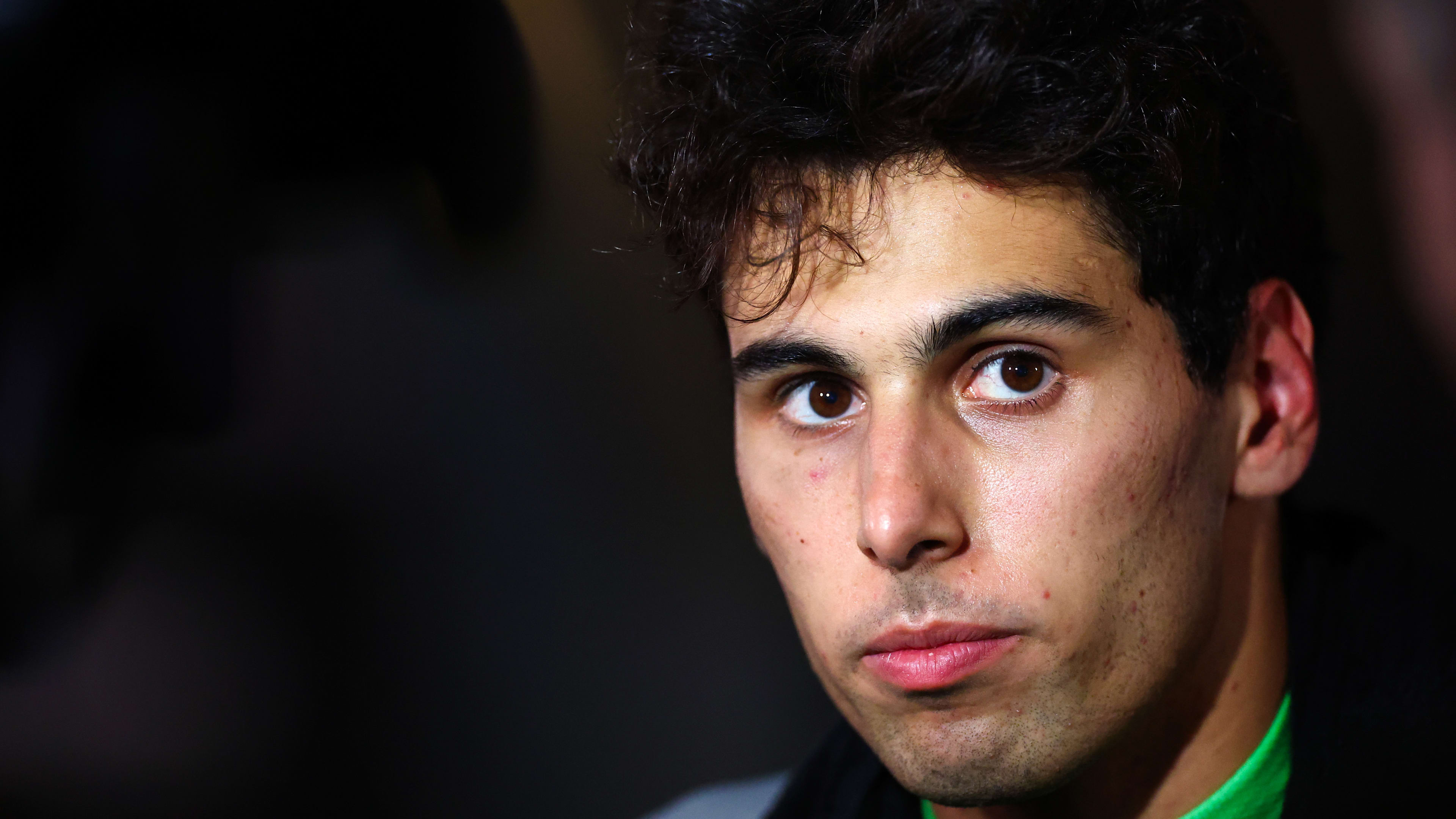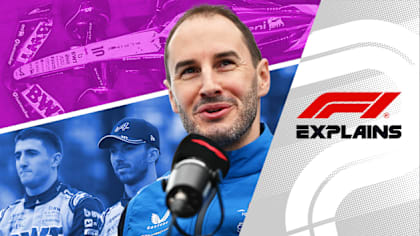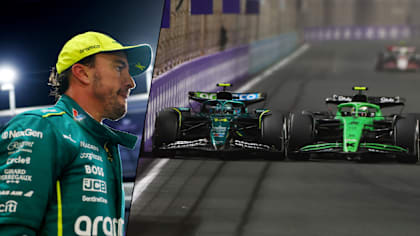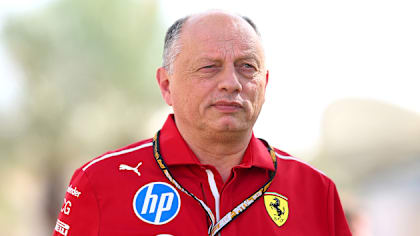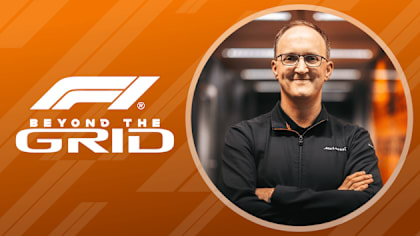)
Technical
TECH ANALYSIS: Unpicking Mercedes' W15 as the final day of testing began to reveal the pace within the new design

Share
)
After a somewhat low-key Tuesday and Wednesday, Mercedes emerged with the second-fastest time on the final day of pre-season testing.
The headline lap times are slightly misleading in that there was a mixture of C3 and C4 tyres being used to set those times, with the latter compound around 0.6s faster than the former.
TESTING DEBRIEF: How the field stack up after the final day of pre-season running in 2024
Nonetheless, the final day began to reveal the pace within the new W15 design, which is so different to that of its two predecessors.
Both Lewis Hamilton and George Russell have commented that in its basic feel, the W15 is a nicer, more stable drive than what they have had to work with since 2022. In particular, the unstable and unpredictable rear end seems to have been tamed – which was very much part of the brief behind the new car.
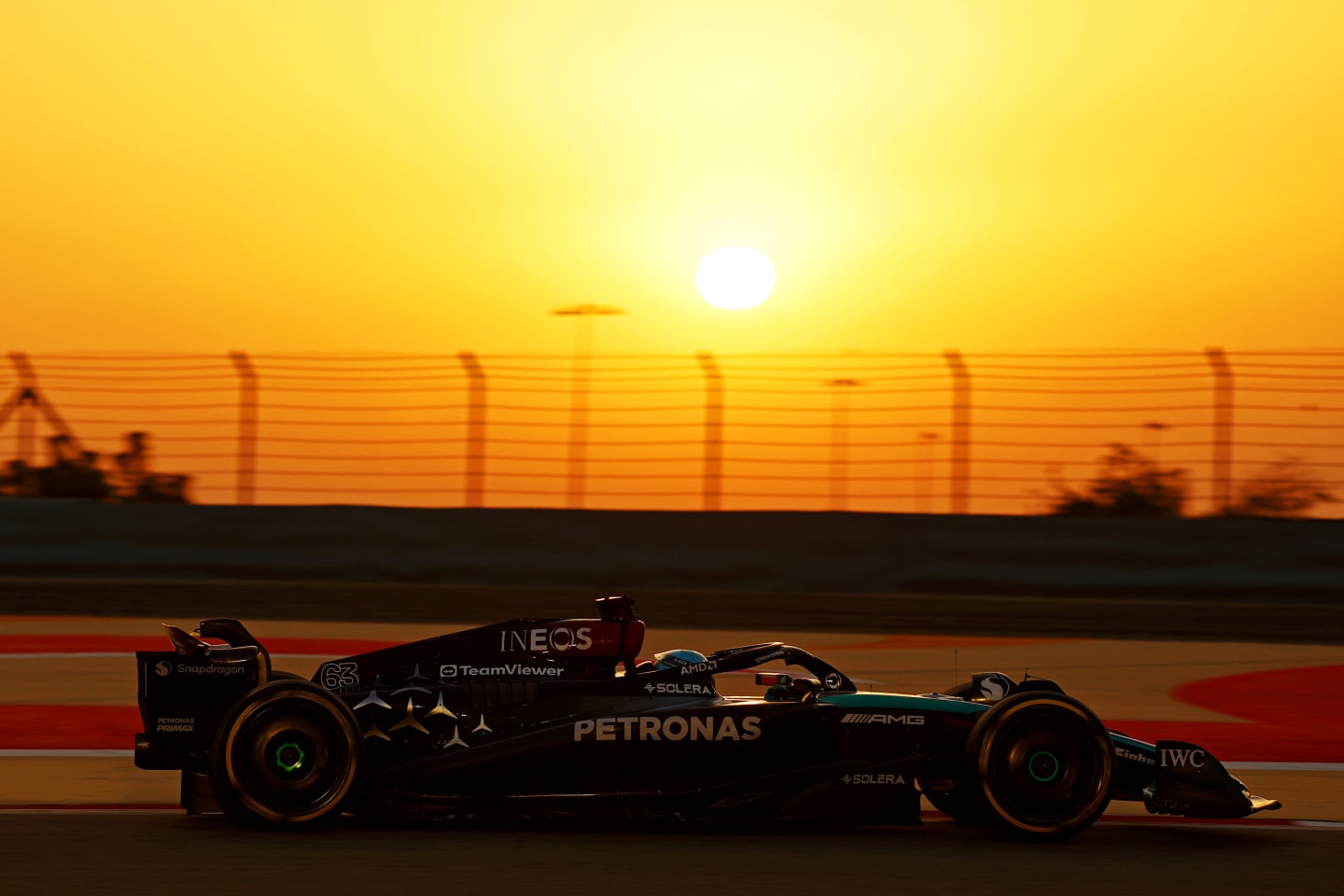
Mercedes' George Russell ended up with the second fastest time on day three of pre-season testing
“Compared to last year's car, the feedback from the drivers is very different and more positive, which is encouraging,” said Mercedes trackside engineering chief Andrew Shovlin. “The team has worked hard to iron out the handling flaws that were integral to the W14, and it's great that we seem to have put a number of those problems behind us.”
The very different bodywork geometry and a cockpit which has been moved further back are just the most visually obvious of the changes made to address the previous car’s shortfall. But the real changes are in how the aerodynamic traits of the car have been defined, as Technical Director James Allison explained.
He said: “The cars which are the quick ones are the ones which have conceptual strength… What makes the thing work or not work is what you believe will bring you lap time.
READ MORE: ‘The stars aligned’ – Hamilton reveals the key factors behind his shock Ferrari switch
“Downforce will bring me lap time. Ok, where? Do you want downforce at 80mm ride height or do you want downforce at 30mm? You want the car to be good in crosswinds. Ok, but is that 1-deg crosswind, 15-degrees? How much importance are you going to give to 15-degrees versus 5 versus zero? These are all conceptual choices, not concepts as in sidepod concept, but much deeper conceptual choices about what you choose to place value upon.
“Once you set out your stall for what you place value on – ie where is the treasure buried? – your factory, the efficiency of the factory will dig that out of the ground for you but only if you are looking in the right places.”
F1 pre-season testing 2024: Day 3 Highlights
To aid the hunt for that treasure and, in particular, to give a more sympathetic aerodynamic help to the rear of the car, the rear suspension has been converted from pull-rod layout to push-rod, which has moved the suspension rockers up, giving more volume of airflow for the aerodynamicists to work with.
Another feature aiding the quest for a better airflow to the rear of the car is the ingenious front wing design, which has the top section cut away on the inboard side. Not only has this created a gap through which to direct airflow to the rear, but the exposed inner edge of the top flap will create a vortex because of the pressure differences acting upon the horizontal and vertical surfaces.
TECH ANALYSIS: Why Ferrari fans can be encouraged by what testing has suggested
This vortex will speed up the flow through the gap towards the back of the car. It could also be beneficial in giving a stronger outwash of air around the front tyre.
Although the regulations state that the flaps must attach to the nose, Mercedes has made that part-flap legal by using a thin strip to connect it and defining this strip as part of the top element.
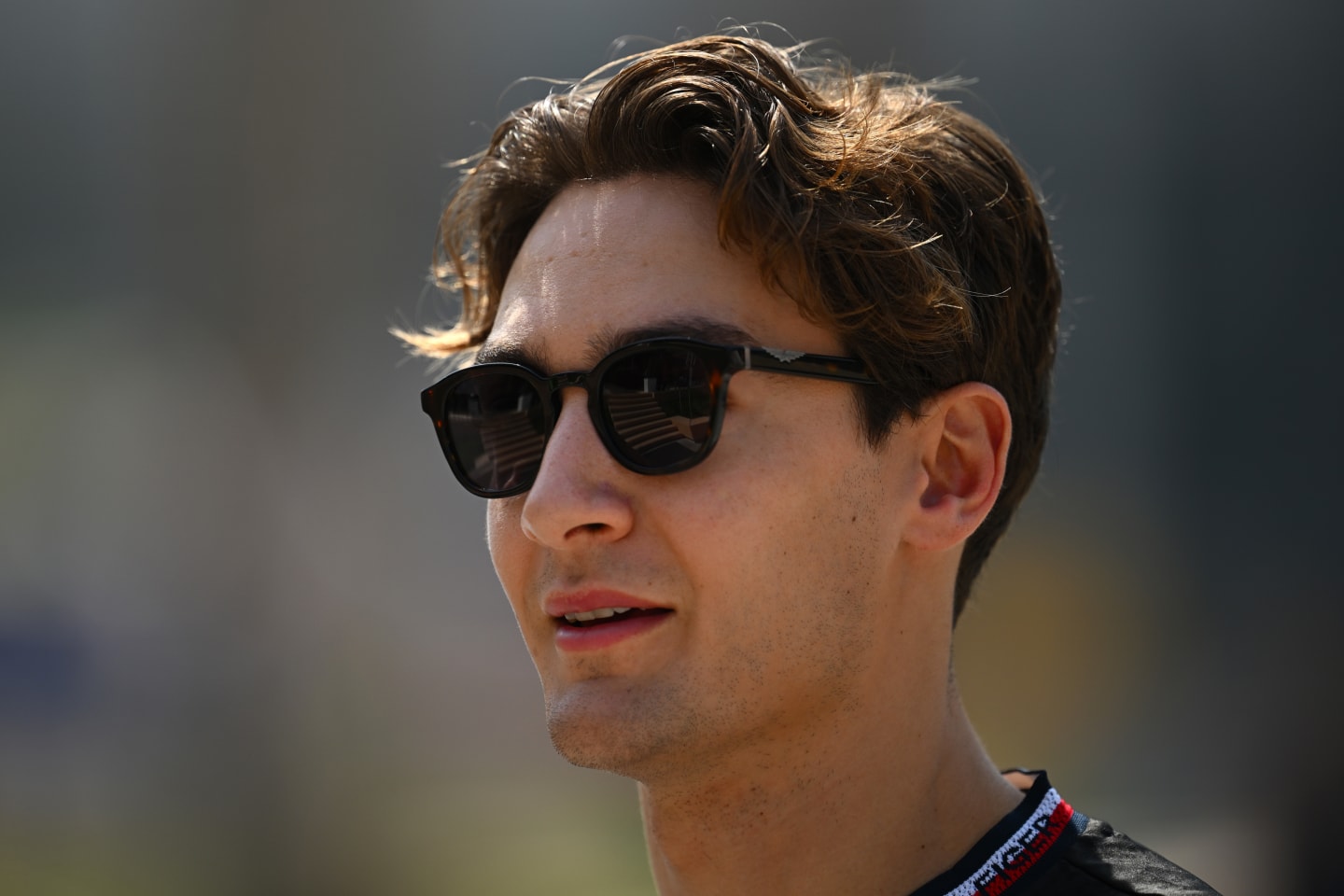
Russell believes Mercedes have made good steps in understanding their car over the course of testing
It is absolutely legal to the letter of the regulations but in encouraging greater outwash works against the principles of these regulations of creating a more friendly wake to make the cars more raceable. That’s not likely to stop this ingenious development from being widely researched by every other team.
At Mercedes it’s now a race against time to more fully understand the very different characteristics of the car and so fully exploit its potential.
“Over the course of the test we've made good steps on our understanding of the car,” said Russell. “The task of the next few days is to pick through the results and put together the best package to take into the race weekend.
“It's never easy to make predictions on pace from testing, as all teams are quite effective at hiding their pace when they want to. It's clear that we are in a much better position than 12 months ago though. We've got a busy few days ahead now making our final preparations for the season-opener.”
YOU MIGHT ALSO LIKE
Podcast F1 EXPLAINS: Ask an F1 Team Principal with Alpine boss Oliver Oakes
News Alonso says Aston Martin ‘need to get used to’ not scoring in 2025 as he reflects on dramatic near-miss with protégé Bortoleto in Jeddah
News Vasseur calls for Ferrari to be more ‘consistent’ as he highlights where team needs to improve
Podcast BEYOND THE GRID: McLaren chief Piers Thynne on the team’s championship transformation and life at Woking
